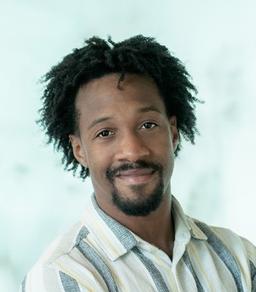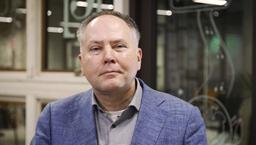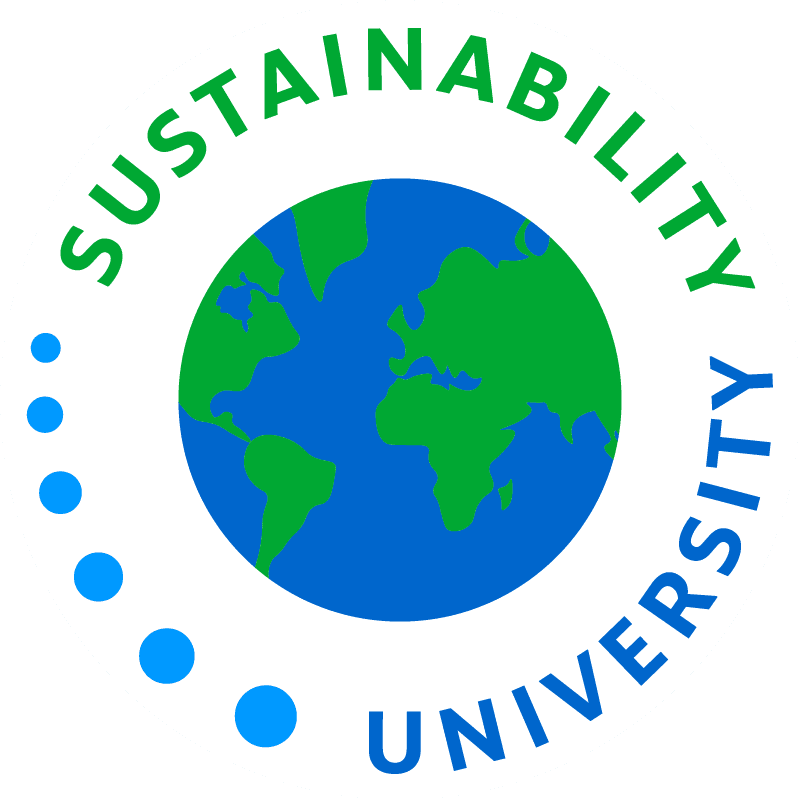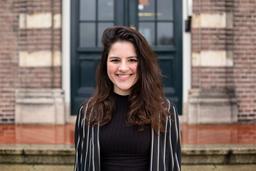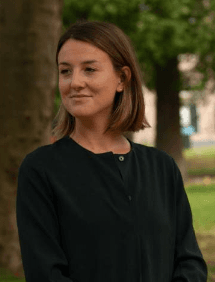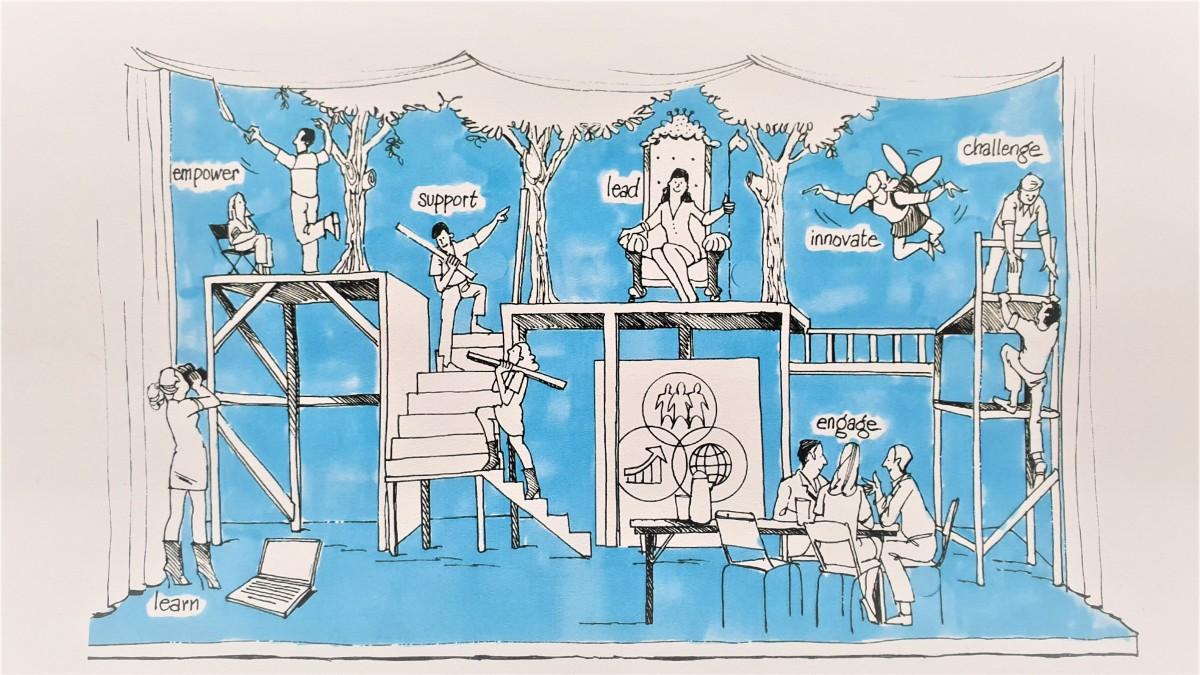Back to the lecture halls with CIRCL College Tour! In this program you will learn everything about themes that are relevant for the transition to a sustainable, circular economy. Each month we invite an expert, professor or visionary to give a lecture about the scientific developments of the future.
In this edition: Rosanne Alderliefste & Esther Brown
The Netherlands is aiming for a fully circular economy by 2050. That sounds like a major challenge, but it also brings a number of new opportunities. For example, Circle Economy’s latest report on jobs and skills takes a closer look at the jobs that the circular economy will create, the jobs that will change and those that will disappear in a so-called circular labor market.
A fully circular economy concerns all companies and sectors in the Netherlands. Jobs will change in the specific CE sectors, but also in sectors where most companies and employers are still at the beginning of the transition to the circular economy. The circular economy requires a fundamental shift in the mindset and skills of the workforce. In fact, a successful transition to a sustainable, circular economy depends on the skills and competences that are available, but also the skills and competences that are required in a circular labor market.
What are the labor market impacts of the circular economy? What is the ideal competency profile? Are you curious to find out more? Then sign up for the next webinar!
A few questions as discussed in the webinar are highlighted below but watch the webinar for the full story!
What impact will the circular economy have on the job market?
Esther Brown from Circle Economy explains that a circular economy will have a positive net impact on the job market. Of course, some jobs especially in energy intensive and carbon intensive sectors, like mining will disappear. But this does not amount to a decrease in the total amount of jobs, these jobs will be transformed into circular jobs. Which will eventually lead to a higher total amount of jobs available. Especially in the service and waste management sectors many new jobs will be created by the transition into a circular economy (CE).
Who needs Circular skills?
According to Rosanne Alderliefste from Sustainability University everyone needs circular skills. It is often thought that only sustainability Professionals need these skills. But that is not true, the sustainability professionals cannot create the swift to sustainability alone, they need all professionals to contribute from designers and producer to marketeers and HRM professionals. So, everybody needs to gain circular knowledge and skills which will lead to circular competencies.
What are the most important competencies to make a professional successful in a circular economy?
Rosanne Alderliefste states that there are four. Firstly, foresight thinking which relates to being able to anticipate future developments regarding Circular Economy(CE) challenges for the organization. Secondly, Management & Entrepreneurship which corresponds to the ability to manage and lead an organization in the CE and the ability to recognize and seize opportunities of the CE. Thirdly, Interpersonal skills this means realizing CE supportive interpersonal processes in the CE implementation. Lastly and most importantly, System thinking which means understanding the systems and subsystems which are relevant for the CE.
What do these circular skills and jobs mean for Generation Y & Z?
These young people are often still in school or university and it is important that they learn circular skills, so that they are suitable for the circular skills and the job environment of the future. This makes it very important to pay attention to circularity, sustainability and circular skills in the school curriculum. Additionally, Rosanne Alderliefste mentions that many young people are already really invested in climate change and that they are motivated to protect our planet. What also stands out to Rosanne Alderliefste is that (university) students often already posses the aforementioned circular skills or can learn them quickly. Their sense of urgency in relation to saving the planet and ease in learning circular skills makes them very suitable for circular jobs.
How can we inspire older generations to be more sustainable and work circular jobs?
Esther Brown suggests that making things less abstract is a good way to start. Many people don’t know what a circular job is or what a circular way of working is. When you explain to people how we used to mine materials, make products out of them and dispose of these products. And how we are now trying to close this loop and minimize waste, the concept of circularity already becomes less abstract and theoretical. Additionally, it is necessary to create a common understanding of what is needed to stop climate change and to create a sense of urgency for it. Once this has been created it is important for people understand what they can do, make it practical and tangible, so we can get to work.
Featured speakers:
Read more
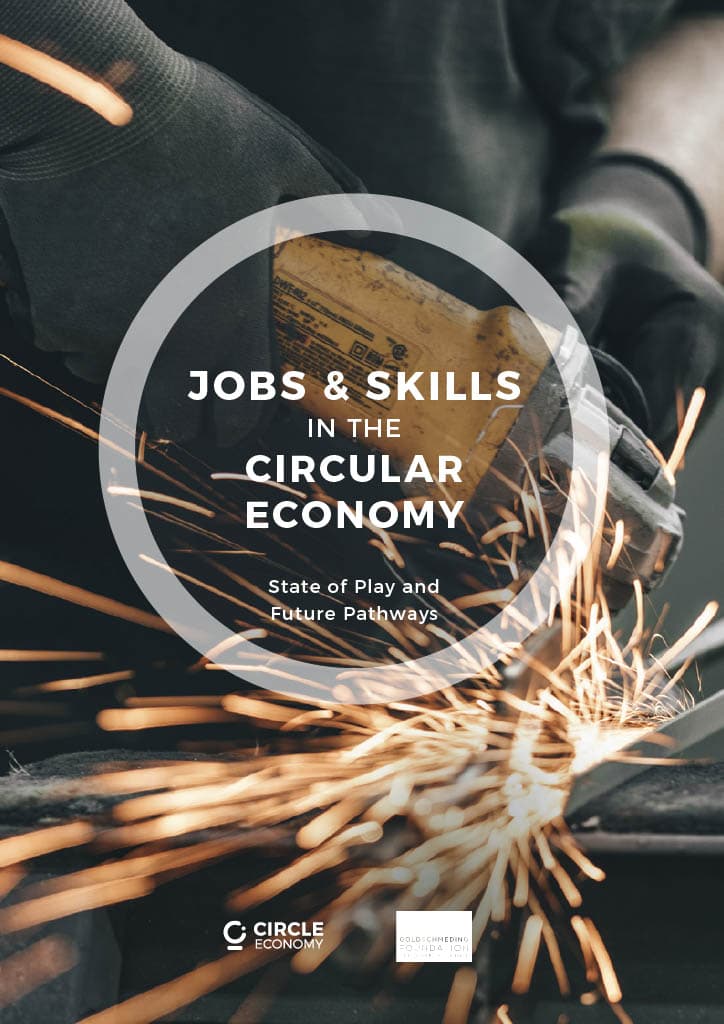
Circular Job Initiative

 Account
Account


